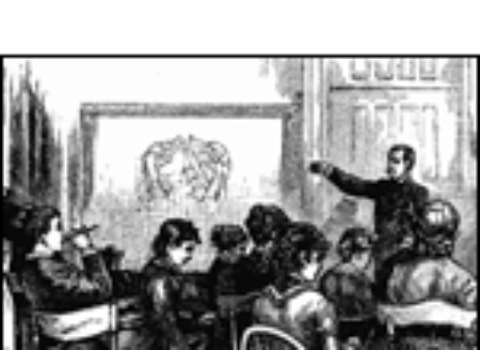On the night of November 27, 2016, Dawinder Singh dropped a bottle of sleeping pills outside his neighbor’s door. He had a soft, cheerful face, a head of woolly curls, and a tendency to laugh at the wrong times. Everyone in Kakheri, his village in the northern Indian state of Haryana, believed him to be gone, perhaps abroad. But here he was, a handkerchief tied over his mouth as if he were a bandit, fleeing to the bus stop.
Inside the house, Neetu Rani, the birdlike beauty he’d grown up adoring, was waiting for her parents to finish their…




